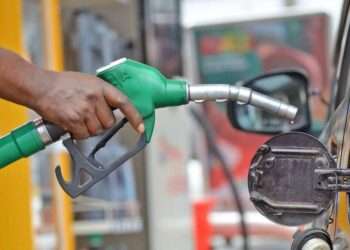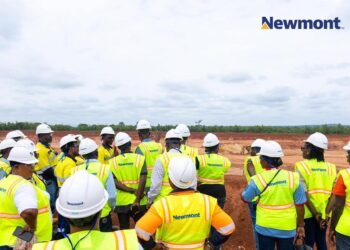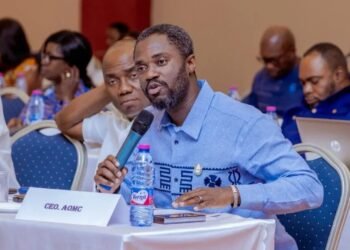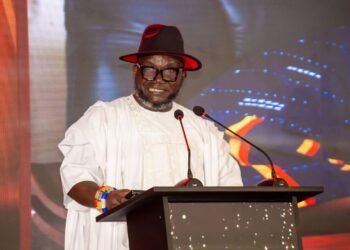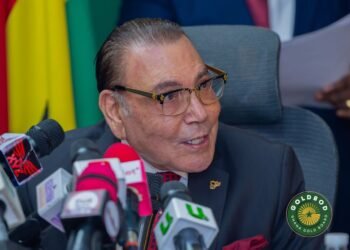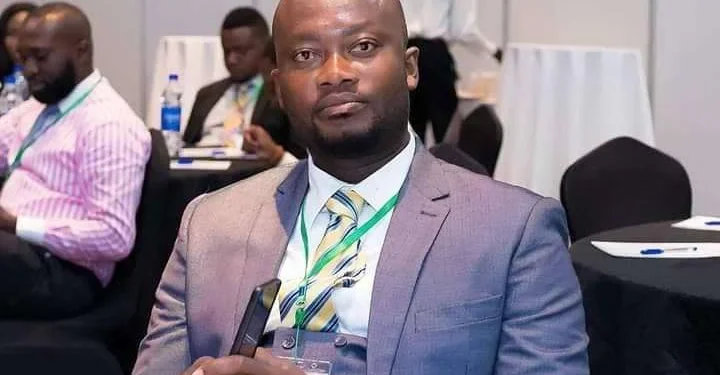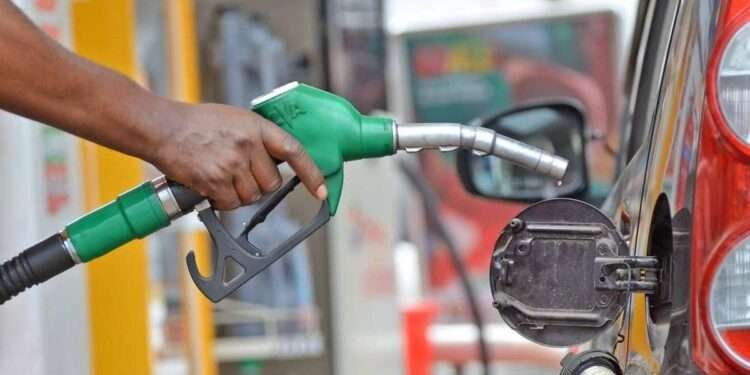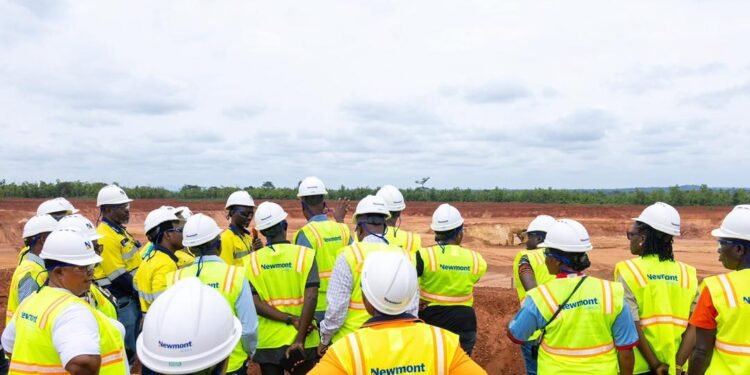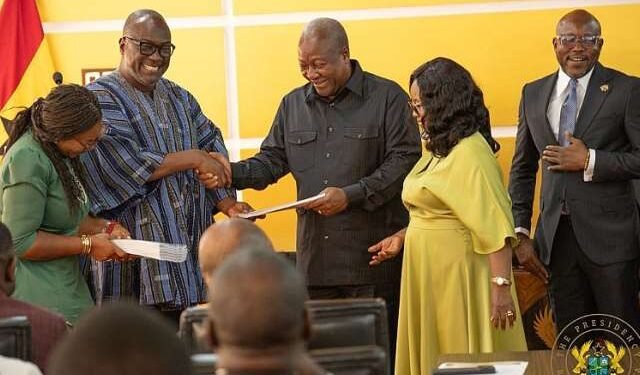Ghana’s push toward resource-based industrialisation is gaining momentum with strategic advancements in both the aluminium and iron and steel sectors.
At the Government Accountability Series, Minister for Lands and Natural Resources, Emmanuel Armah Kofi Buah, outlined ambitious steps being taken to unlock the country’s mineral potential through the Ghana Integrated Aluminium Development Corporation (GAIDEC) and the Ghana Integrated Iron and Steel Development Corporation (GIISDEC).
Hon. Boah said, “The move to GAIDEC’s vision is a commitment to unlock the full potential of Ghana’s bauxite reserves,” noting that CEO Twumasi Ankrah and his team are pursuing this mandate with renewed energy.
In support of the government’s broader agenda to reset Ghana’s development trajectory, a new strategic plan and policy objective has been crafted to reposition GAIDEC as a financially sustainable and commercially independent state institution.
Hon. Buah announced that the corporation had successfully secured six bauxite mining leases in June 2025, pending parliamentary ratification.

These leases are expected to enhance Ghana’s control over its strategic bauxite resources and ramp up production to a projected two million metric tonnes per year.
Furthering this agenda, the Minister revealed that the government is exploring strategic partnerships for new bauxite mine development.
Key infrastructure developments are planned to support this expansion, including a 250-kilometre railway line dedicated to bauxite transport, improvements to the Takoradi Port, and enhanced development of the Volta Aluminium Company (VALCO).
Hon. Buah declared, “These efforts align with Ghana’s vision to become a global player in the integrated aluminium industry,” adding that such a transformation would be nothing short of historic.
He stressed the symbolic importance of this endeavour, noting that it reflects the long-standing dream first articulated by Ghana’s founding president, Osagyefo Dr. Kwame Nkrumah. “This is why the president is really supportive of this initiative,” he added.
Iron Ore Sector Regulated
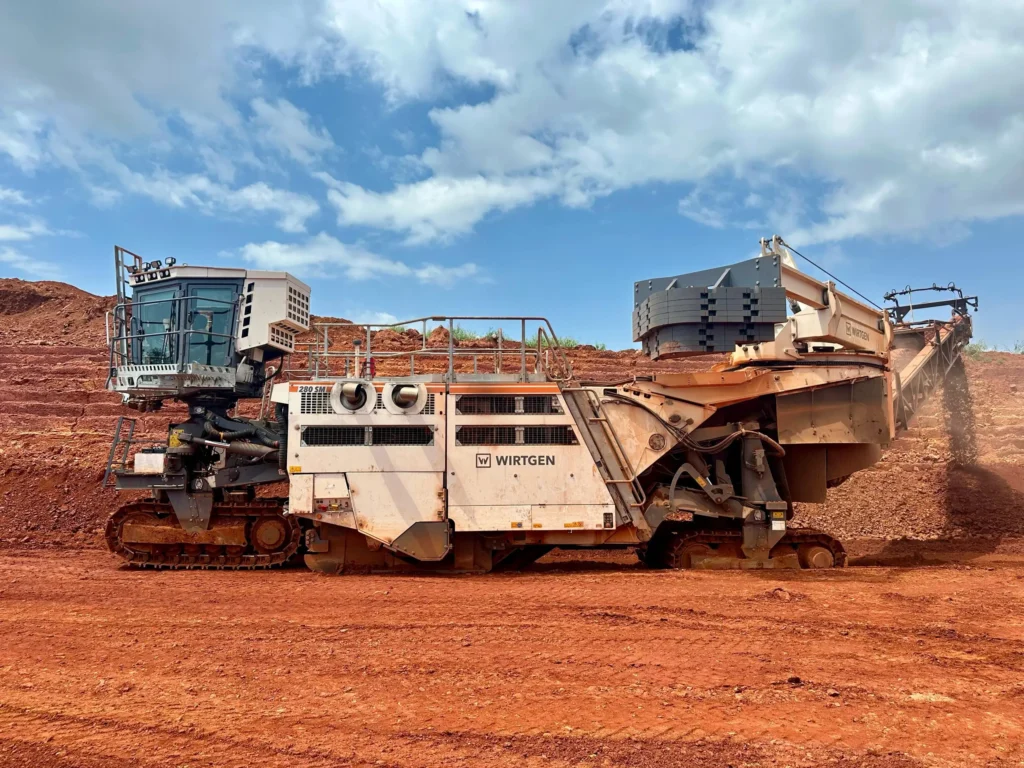
Turning his attention to the Ghana Integrated Iron and Steel Development Corporation, the Minister said GIISDEC also holds great promise for Ghana’s industrial and economic transformation.
He highlighted the corporation’s ongoing work to organise and regulate the scrap metal sector, which has for years operated in an unstructured and unregulated environment.
The Minister said, “A scrap metal policy has been developed to bring order to this vital industry,” calling the move long overdue.
Buah underscored the geological richness of Ghana’s iron ore fields, citing significant findings from various exploration projects.
“Three licenses cover an area of 397.5 square kilometres for the Shieni iron ore project.”
Hon. Emmanuel Armah Kofi Buah, Minister for Lands and Natural Resources
Additional exploration at Jamu Rumi, Bodada Block 2, and the Pudo iron ore block has confirmed the presence of high-grade iron ore, and the Minister noted that these assets are now primed for exploitation, pending investor interest.

According to Hon. Buah, the development of both GAIDEC and GIISDEC is not just about mining; it’s about integrating these resources into a broader industrial ecosystem that can create jobs, add value locally, and position Ghana as a leading player in global mineral-based manufacturing.
“The real opportunity here is transformative. These minerals should not leave our shores in raw form.
“They must be processed and used to power our own industrialisation and economic advancement.”
Hon. Emmanuel Armah Kofi Buah, Minister for Lands and Natural Resources
As Ghana advances toward this vision, the Lands and Natural Resources Ministry appears determined to ensure that the legal, policy, and investment frameworks are in place to guide sustainable resource exploitation.
The initiatives under GAIDEC and GIISDEC not only reflect the government’s intent to break away from the historical pattern of exporting raw materials but also its resolve to embed minerals at the heart of Ghana’s broader industrial and economic policy.
READ ALSO: Ghana’s Mobile Money Borrowing Surges: 22% of Adults Now Rely on It – World Bank




